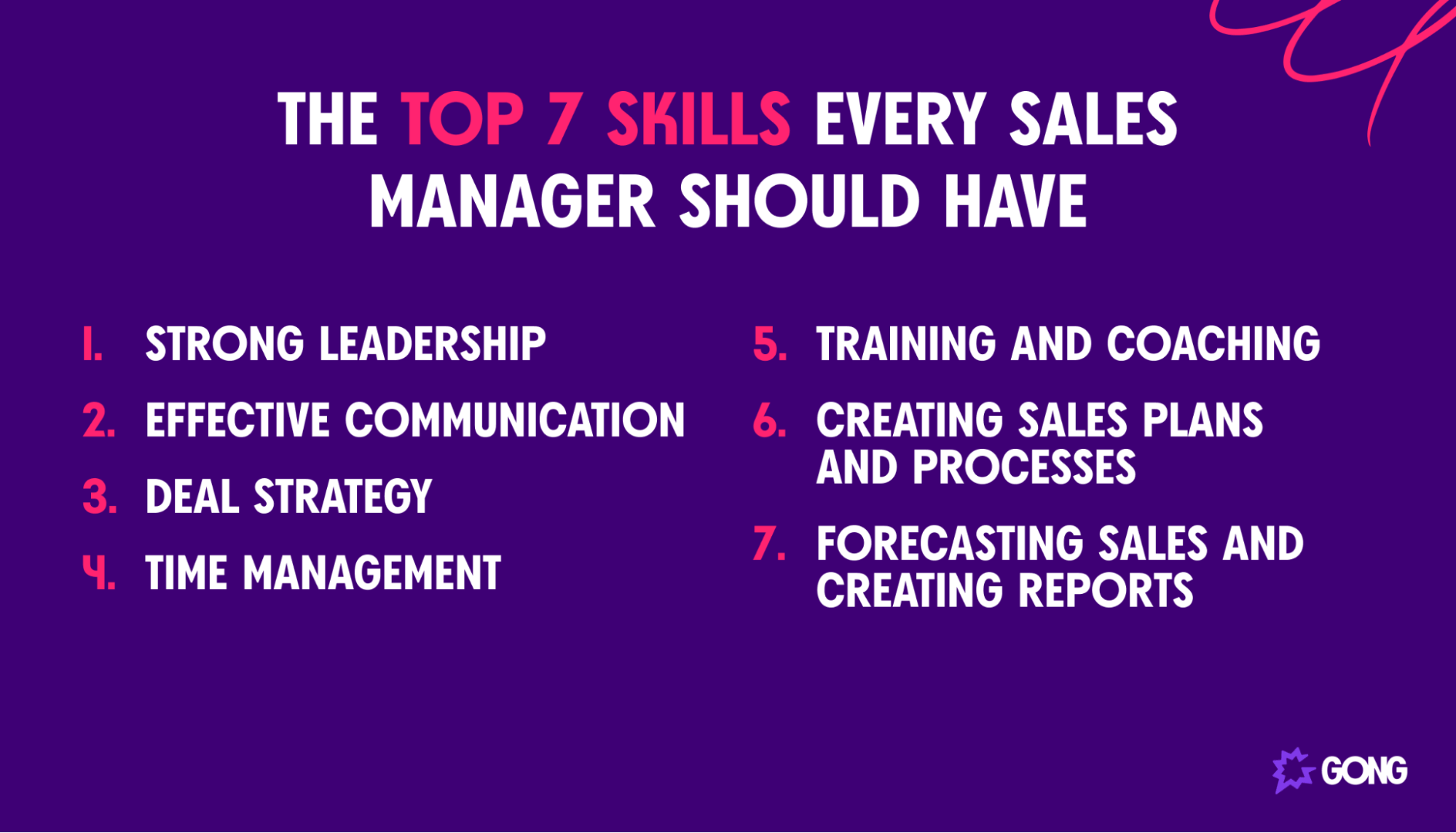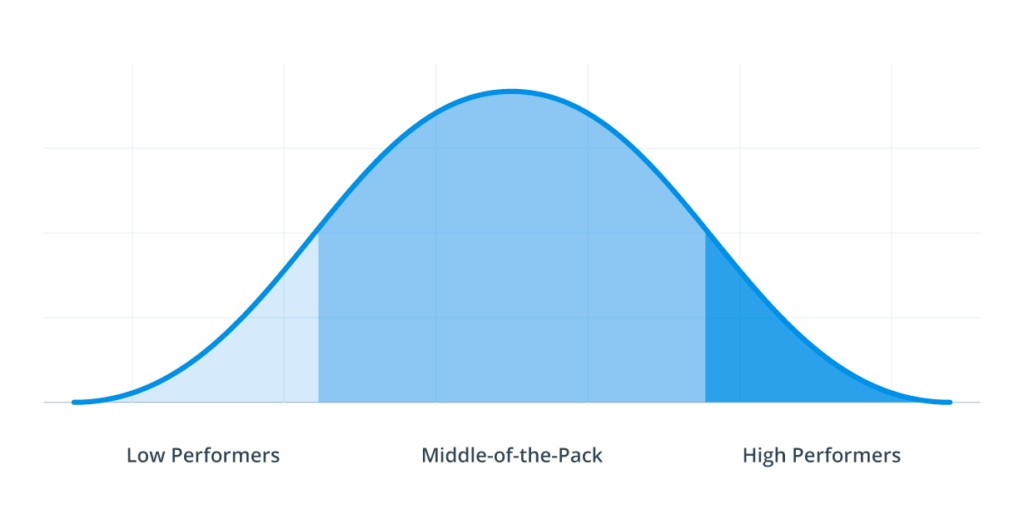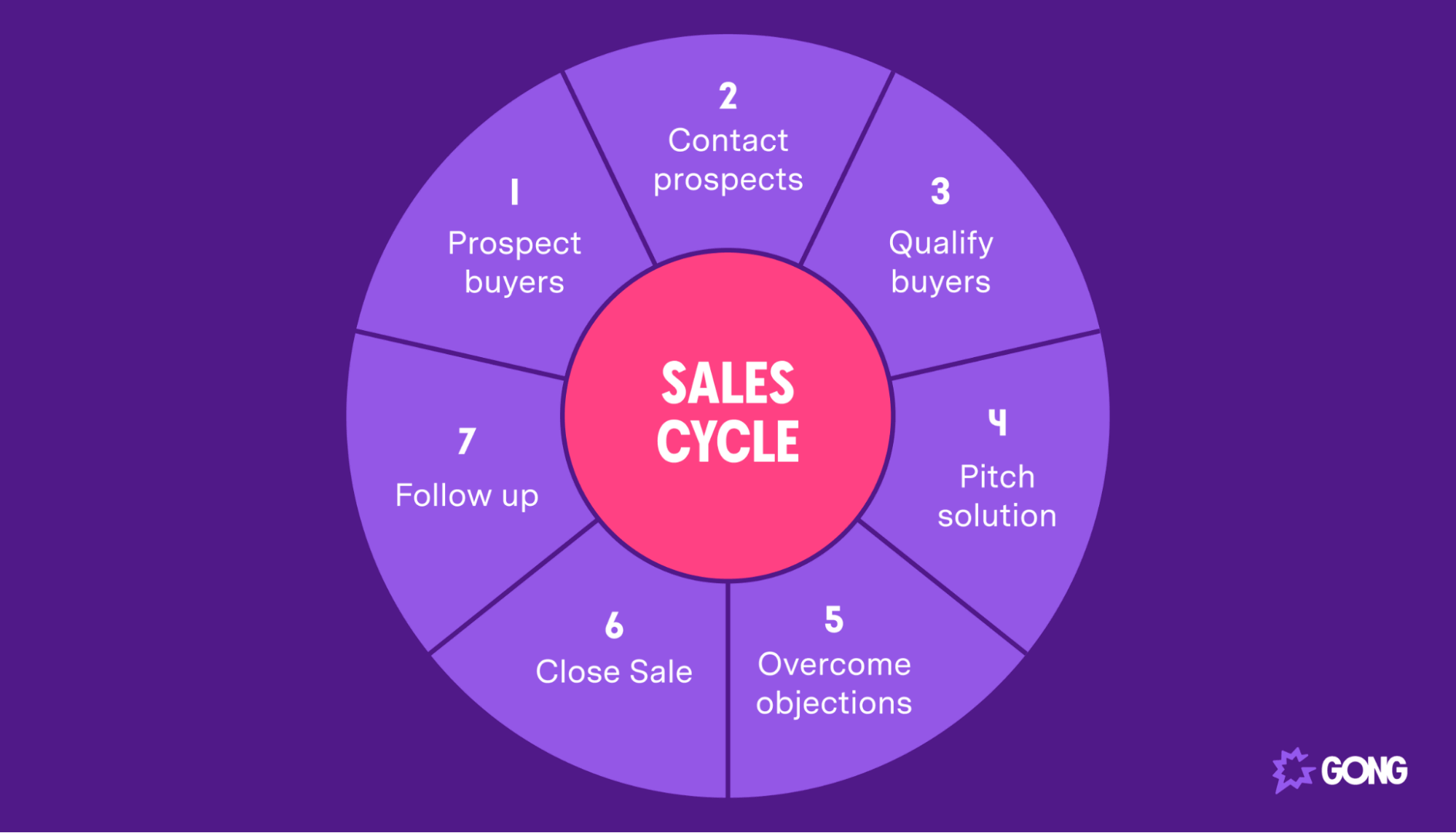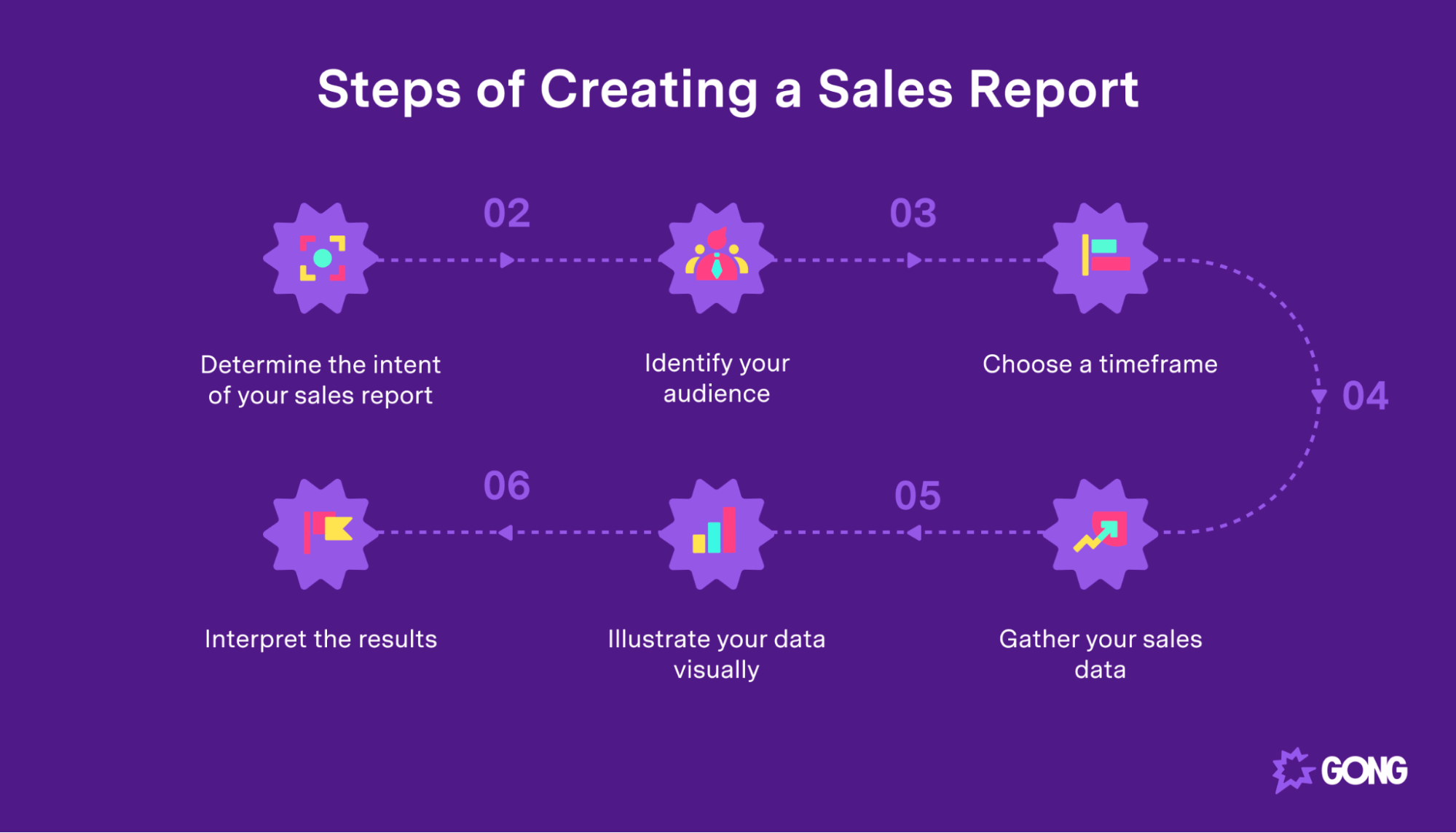7 Skills Every Sales Manager Needs
It’s hard to become a sales manager without first being a good sales rep. After all, when the majority of your own quota is based on your team’s sales performance, you need to know how to sell.
But that doesn’t mean the best closer is guaranteed to make the best sales manager. While sales managers need to know how to sell, that’s not the most important skill they should have. In fact, several skills that don’t involve selling are indispensable to sales managers.
So whether you’ve just made the leap from sales rep to sales manager or you want to take your sales management skills to the next level, here are seven sales manager skills to master.
The top 7 skills every sales manager should have
Sales managers need to be incredibly well-rounded individuals with a wide range of skills. But the following are seven of the most important:
- Strong leadership
- Effective communication
- Deal strategy
- Time management
- Training and coaching
- Creating sales plans and processes
- Forecasting sales and creating reports
 Let’s look at each one.
Let’s look at each one.
1. Strong leadership
Simply being given the job title of sales manager doesn’t make you a leader — leadership is a skill you need to exercise and improve daily.
As a sales manager, you’re responsible for motivating, guiding, and teaching your sales team. At the same time, you need to lead by example, hitting your sales quotas month after month while also helping junior reps hit their own.
Helping your team succeed is a crucial part of leadership. As a leader, you’re responsible for your team’s performance. If they don’t sell well, then you might be part of the problem.
Luckily, you’re also part of the solution.
A successful sales manager with strong leadership principles will work closely with reps and give them the support and confidence they need to sell effectively. Yes, coaching is essential (and we’ll expand on it below), but sometimes, reps just need a manager who believes in them and is willing to back them.
As a leader, you’re also responsible for finding and recruiting top performers. Luckily, you should know the top traits to look for if you’re a top-performing rep yourself.
That’s a start, but you’ll also want to develop your interviewing technique to separate the wheat from the chaff. Practice makes perfect in this regard, but you can get a head start by using some of our favorite sales interview questions.
You can improve your leadership skills at any time during your sales career. In fact, demonstrating these skills is one of the best ways reps can prove they are ready to step up to sales management.
2. Effective communication
Strong interpersonal skills — and communication skills in particular — are vital in a sales manager role, especially when you spend most of your day speaking with your sales reps and helping them overcome problems.
Part of being a great communicator is learning how to best speak to each team member. Some of that will be replacing sales speak with plain English, but it’s also about personalizing your language to individual reps.
Not everyone is going to respond in the same way. Some reps will relish a strong talking to, while others will feel demotivated. You need to read the room, understand your reps, and respond accordingly.
At the same time, you need to show your team that you’re an active listener. Active listening helps you better understand your sales reps’ pain points and find ways to help.
A great strategy to showcase your active listening skills is Chris Voss’ technique for labeling emotions.
 By correctly labeling their emotions, you instantly make your reps feel understood. That should make them much more receptive to your advice and motivated to improve under your leadership.
By correctly labeling their emotions, you instantly make your reps feel understood. That should make them much more receptive to your advice and motivated to improve under your leadership.
You can further improve your communication skills by erring on the side of over-communicating. You should also go out of your way to make sure your reps understand the logic and reasoning behind your comments. In other words, don’t just tell them what to do or how to do it — tell them why they should be doing it that way.
Over-communication is even more important if you manage a remote sales team. Two-thirds of sales managers say that managing a remote sales team is more challenging than they had thought. The lack of face-to-face time is an issue, but over-communication can solve this issue to a degree.
3. Deal strategy
Sales managers should be masters of deal strategy. The ability to create an account plan, identify next steps, and strategize a path to closing are skills you will have honed during your time as a sales rep.
As a sales manager, you need to take these skills to the next level and help your team develop their own skills. One part of this will be teaching your reps to create an account plan themselves. As their leader, however, you’ll also need to poke holes in their strategies and identify better steps for them to take.
Another part of deal strategy is helping reps set realistic expectations and sales goals — and working out how they can achieve both of those things together. A powerful strategy is to have the rep set a material goal (like a luxury purchase or vacation) and then work out the number of deals they’ll need to close to achieve it.
From there, you can work out how many deals they’ll need in their sales pipeline, how many meetings they’ll need to book to get those deals, and how many calls they’ll have to make to book those meetings.
Finally, you need to give your team the tools to succeed in deal strategy on their own. A tool like Gong Assist — which uses AI to recommend next steps — is ideal. It also takes care of lower-value tasks so that you and your team can spend more time on higher-value tasks.
4. Time management
There are many plates to spin when you become a sales manager. You need to create sales plans and reports, coach your team, run sales forecasts, and much more. This makes using your time wisely essential.
Start by learning how best to plan your day. Think about what you want to achieve each week in advance, and block out time for specific activities. Save even more time by keeping meetings to a minimum and carving out time for deep work in which you turn off all notifications and focus on the task in front of you.
If you’re looking to become a sales leader in the future, start planning out your week today. Set aside time to make calls, chase opportunities, present to buyers, listen back on calls, and communicate with your team.
While you want to complete as many tasks as possible every day, it’s also important to delegate as a sales manager. By giving some of your tasks to your team members, you free up some of your time to focus on more important tasks while also helping your team improve their skills.
It might be hard to let go at first, but it’ll become a lot easier the more you do it. Start small by assigning one or two less important tasks to junior reps. Avoid micromanaging at all costs, however. That creates more work for yourself and suggests to your employees that you don’t trust them.
5. Training and coaching
What kind of manager is happy with mediocrity?
Not a good one.
The best sales managers are constantly looking for ways to help their team grow and improve — and they get genuinely excited when this happens.
To do this, you need to be skilled at separating big-picture problems (like an issue with your pipeline that affects everyone) from the problems that individual reps experience on a day-to-day basis. That way, you know where to focus your energy.
One of the biggest problems you’re likely to find is in the way low-performing reps have sales conversations. Poor sales conversations are a massive contributing factor to sales performance gaps.
 In the image above, the sales performance gap is that huge area between the top 20% of your reps and the bottom 20% of your reps.
In the image above, the sales performance gap is that huge area between the top 20% of your reps and the bottom 20% of your reps.
More often than not, performance gaps come down to your reps’ sales conversations. Outside of sales conversations, most reps do the same things. But high performers often do vastly different things during sales conversations, like:
- Discussing pricing at different times
- Listening as much as they talk
- Asking more and better questions
When reps are working the same hours, having the same number of conversations, and booking the same number of demos, a large part of your training and coaching should focus on how they close deals.
You can use sales tracking software to analyze what the best reps in your company do differently. Start by paying particular attention to the points highlighted above.
6. Creating sales plans and processes
While you could let your team fend for themselves when it comes to building a sales process, you’ll have much more success if you develop easy-to-follow sales plans and spend time optimizing them continuously.
Start by defining your company’s sales cycle. This is the list of actionable steps reps must make to convert prospects to buyers. Ideally, you should create this alongside other sales leaders in your organization and other sales reps.
Here’s an example of a sales cycle:
 Next, adopt a tried-and-tested sales methodology, and customize it to your needs. There are plenty to choose from, including:
Next, adopt a tried-and-tested sales methodology, and customize it to your needs. There are plenty to choose from, including:
Make sure you choose a sales methodology that positions your reps as trusted advisors, as 88% of buyers say the person they ultimately do business with is a trusted advisor.
But simply creating a sales strategy isn’t enough — you also need to make sure your team implements it. For that, many sales managers turn to sales training software that uses AI to help them understand which reps are sticking to the script and which could use a bit of help following the plans you’ve laid out.
7. Forecasting sales and creating reports
A sales manager’s sales forecasting responsibility falls into two buckets. On the one hand, they need to set achievable targets for their reps. On the other, they need to communicate their team’s performance to senior stakeholders. Accurate forecasting and creating sales reports are essential for both of these tasks.
There are a number of different forecasting methods you can use. These include:
- Historical data forecasting
- Deal stage probability forecasting
- Pipeline-based forecasting
- Multivariable forecasting
You may even want to use multiple methods. For instance, historical data forecasting is a useful way of setting targets for sales reps. But deal stage probability forecasting is probably a better method to use in a report to stakeholders.
Speaking of reports, you’ll also need to know how to create informative sales reports to prove your worth and keep your boss happy. This may seem like a lot of work at first, but using sales report templates will make it much easier to generate sales reports.
 The steps in the image above are a great starting point if you’ve never created a sales report before. Alternatively, you can use a tool like Gong to create forecasts and reports on autopilot.
The steps in the image above are a great starting point if you’ve never created a sales report before. Alternatively, you can use a tool like Gong to create forecasts and reports on autopilot.
Finally, sales managers need to have sharp analytical skills to make sense of the reports they create. That will help you not only set sales goals for your reps but also evaluate your sales process and identify what’s working and what needs to improve.
Sharpen your sales management skills with Gong
There are almost as many skills for a sales manager to develop as there are responsibilities. But sales managers don’t need to rely on their skill set to run a successful sales team.
The beauty of sales software like Gong’s revenue management platform is that it can help reps maximize their existing talents and automate much of their work. Things like coaching, deal strategy, sales planning, and forecasting become a lot easier when you have a platform that collects and analyzes data automatically and provides the insights and reports you need.
Find out more by booking a demo today.
